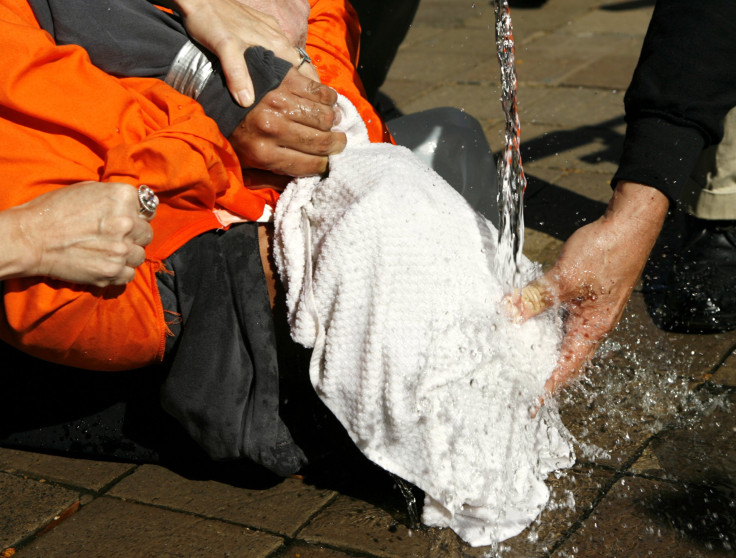CIA Torture Report: US Not The Only Country That Commits Torture

It has long been recognized that the United States employed torture against suspected terrorists in the wake of the 9/11 attacks. Now, a report that is to be released Tuesday by the Senate Intelligence Committee is likely to contain material that will place the U.S. among a small group of Western democracies that have turned to torture post-WWII.
The report, which will likely be heavily redacted and shortened to around 600 pages from the 6,000 page original, could detail the CIA's tactics and techniques. The report, according to the New York Times, may show that the CIA misled President George W. Bush and his White House about the extent of the torture that interrogators inflicted upon captured combatants from the wars in Iraq and Afghanistan.
France, the UK and Israel have all been accused of adopting similar techniques to extract information from suspected terrorists and enemy combatants after 1948, when the Geneva Convention on Human Rights was signed and specifically banned torture. Over the last 65 years, the list of banned techniques has been amended to include practices such as waterboarding and electrocution.
The timing and nature of the report may undermine the U.S.'s position as an advocate for human rights and impair its moral force in condemning the brutalities of the Islamic State group and the recent Russian aggression in Ukraine.
The U.S. military has been put on high alert: Among the concerns stemming from the release of the report are potential acts of violence against U.S. citizens and property around the world.
According to Patrick Eddington, a policy analyst in homeland security and civil liberties at the Washington-based Cato Institute, the U.S. will struggle to recover from the disclosures.
“In committing these acts of torture, the United States has effectively destroyed its moral authority in the world," Eddington said. "Putin and the Chinese government will throw these things back in our faces.”
However, the U.S. is not alone in practicing torture.
France, during the Algerian War of Independence in the 1950s and 60s, was notorious for attaching prisoners from the National Liberation Front, a former paramilitary organization turned political party, to man-powered electrical generators and subjecting them to hours of torture.
In 1978, the UK was found guilty by the European Court of Human Rights of using techniques that amounted to “a practice of inhuman and degrading treatment” against suspects accused of being a part of the Irish Republican Army, wrote the court in its “Ireland v. the United Kingdom” decision. Those techniques included wall-standing; hooding; white noise; deprivation of sleep, and of food and drink.
Like the U.S. at Abu Ghraib, the UK also abused Iraqi prisoners. Pictures surfaced showing Iraqi prisoners in hoods with British soldiers posing beside them. A subsequent investigation revealed the full extent of the abuse, which was deemed to be torture in later court cases in 2005, 2007 and 2008. All but one soldier tried were jailed and all were dishonorably discharged.
Israel, which signed the Geneva Convention in 1951 and banned all torture including moderate physical pressure in 1999, has been accused of interrogating Palestinian prisoners. The acts, which include sensory deprivation, solitary confinement in closet-like spaces, exposure to extreme temperatures, prolonged toilet and hygiene deprivation, and general degrading treatment, were contrary to Article 16 of the United Nations Convention Against Torture, according to left-wing human rights group B’Tselem.
Ahead of the release of the CIA report, the agency -- along with former President George W. Bush -- have mounted a defense. The agency's views will be released along with the report.
© Copyright IBTimes 2024. All rights reserved.












